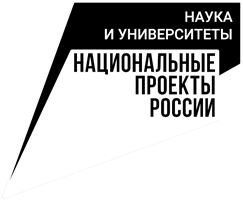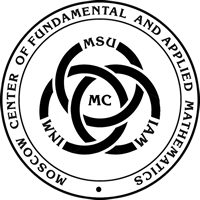The meeting of the seminar
«Supercomputer technologies
in science, education and industry»
| Chairman of the organizing committee | |
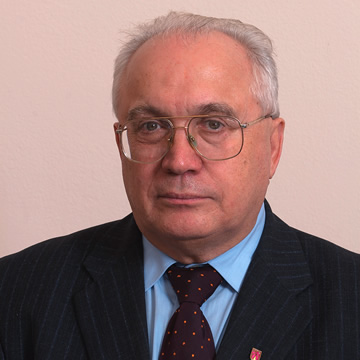 |
V.A. Sadovnichy academician, rector of Lomonosov Moscow State University |
Co-Chairs of the organizing committee |
|
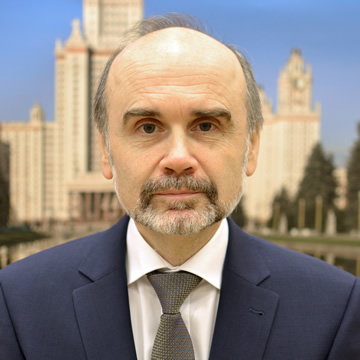 |
Vl.V. Voevodin Corr. RAS, Director of Research Computing Center of Moscow State University |
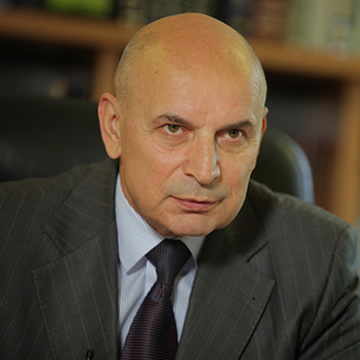 |
I.A. Sokolov academician, dean of the faculty of Computational Mathematics and Cybernetics of Lomonosov Moscow State University |
Scientific Secretary of the seminar |
|
| E.V. Mortikov Ph.D., Research Computing Center of Moscow State University |
|
The seminar was organized on the basis of the Scientific and Educational Center «Supercomputer Technologies». The reports cover all aspects of the use of supercomputers, parallel computing systems and distributed data processing methods for solving large computational problems. The seminar has a pronounced interdisciplinary nature, however, the various nuances of using supercomputer technologies are of interest to researchers from various fields.
The seminar is supported by the Moscow Center of Fundamental and Applied Mathematics.
PROGRAM
16:30
| V.M. Stepanenko | Doctor of Physical and Mathematical Sciences, Deputy Director of the MSU RCC |
| E.V. Mortikov | Ph.D., Senior Researcher, MSU RCC |
Modeling the active land layer and atmospheric boundary layer on heterogeneous parallel architectures
The system "active land layer - atmospheric boundary layer" is the energy focus of the Earth's climate system, since here solar radiation is converted into heat and biochemical forms of energy, which, in turn, are the source for kinetic energy in the climate system. The hierarchy of models of turbulent boundary layers, models of physical systems and terrestrial ecosystems, developed at the Research Computing Center of Moscow State University together with the Institute of Numerical Mathematics of RAS, are aimed at solving a wide range of fundamental and applied problems: from applications in short-term weather forecasting and reproduction of climate dynamics to the transport of suspended particles in urban development, calculation of the water regime of rivers and methane emissions from reservoirs. At the same time, the effective use of modern hybrid computing architectures and parallel programming technologies is of particular importance. The report outlines the physical, computational and technical aspects of solving the listed problems.
The seminar will be held in the form of a webinar on the Zoom platform.
To participate in the webinar, we ask you to enter your data in the Google spreadsheet:
https://docs.google.com/spreadsheets/d/1zQG8ux6CEXhXjBn1p-1VYwAwK8X71cJ0BNQ8dvGycP0/edit?usp=sharing
A link to the Zoom conference will subsequently be sent to your email address.
